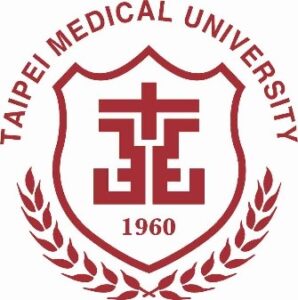Taipei Medical University (TMU) is ranked as one of the World’s Top 100 medical universities according to the QS World University Rankings. Taipei Medical University has four teaching hospitals with a total of 3500 beds and about 5000 outpatient visits every day. We have access to the EHR of all our patients from the last 20 years in the four university-affiliated hospitals. TMU is composed of seven colleges including the College of Medical Science and Technology. The College of Medical Science and Technology is a leading institution who have demonstrated excellence in cutting-edge research in the utilization of ICT in healthcare. The International Center for Health Information Technology (ICHIT), is a leading center who have demonstrated excellence in cutting-edge research in the utilization of ICT in healthcare. Our focus is 4P medicine (Prediction, Prevention, Participation, and Personalization). We work closely with our teaching hospitals and practice translational medicine to our best knowledge. We formed a multidisciplinary team consist of experts from Biomedical informatics, Data mining, Natural Language Processing, Social Networking experts, Consultants from Neurology, Cardiology, Nephrology, and Dermatology, Physicians, Nurses, and medical technologists. We are mainly focusing on translational research in HIT (Health Information Technology). In this context, we can offer you design as well as functional analysis of the software, evaluation of the mobile Apps, business and processes analytics, integration of heterogeneous e-Health and m-Health systems through a common open platform.
TMU will apply machine learning algorithms to predict high-risk individuals towards pancreatic cancer for early-stage management of the disease. Further, deep learning techniques can help extract patterns of diseases associated with cancer. TMU will also help in piloting mobile applications and monitoring via wearable devices for personalized healthcare and improving lifestyle for the prevention or delaying the onset of pancreatic cancer and liver cancer in high-risk individuals and also for improving health outcomes in actual pancreatic and liver cancer patients. TMU. Thus, being a part of iHelp will help provide evidence to policy makers, early predict high-risk patients for better management of the disease as well as open new insights for big data analytics and artificial intelligence.
Website: eng.tmu.edu.tw

